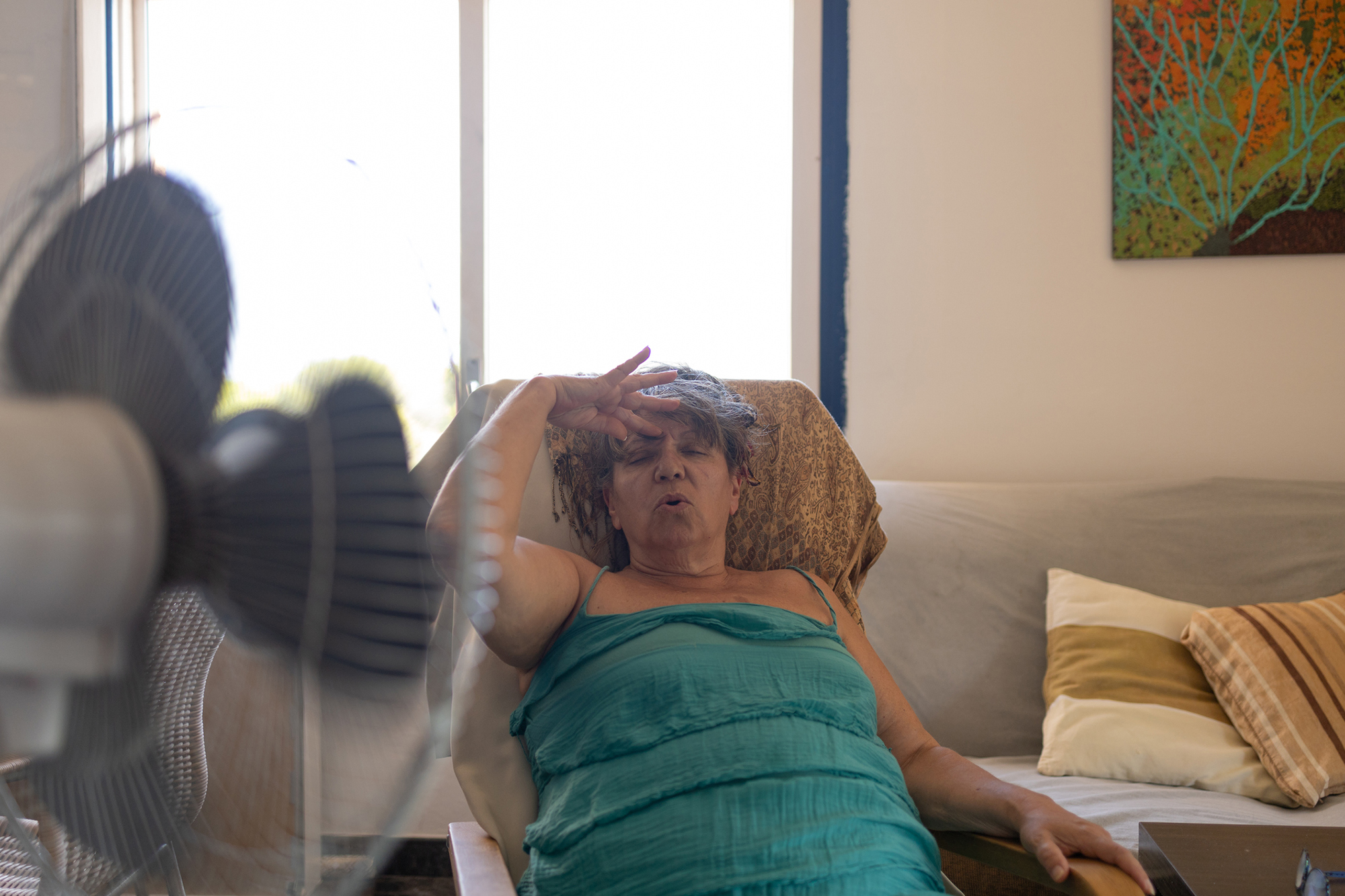Cardiovascular
Cardiovascular deaths due to extreme heat expected to rise
The number of heat related cardiovascular deaths in the United States will increase over the next four decades, according to a new analysis from the Perelman School of Medicine. Extreme heat can impact heart health in many ways, including increased heart rate, changes in blood pressure, and increased inflammation. Left untreated, these issues can be deadly. The findings, published in Circulation also indicate that older adults and Black adults will experience greater increases in excess cardiovascular deaths due to extreme heat.
“As global temperatures rise, analyzing how demographic and environmental trends are connected is necessary for accurate forecasts of how extreme heat events will impact the cardiovascular health of U.S. adults in the coming decades,” says Sameed Khatana, an assistant professor of cardiovascular medicine at Penn and senior author of the study.
According to the analysis, the number of cardiovascular deaths associated with extreme heat among adults living in the United States is projected to have a statistically significant increase from the current period to the mid-century period.
Furthermore, the researchers analyzed this impact on subgroups of populations, including older adults and Black adults, and found that Black adults may experience even greater increases of cardiovascular related deaths due to heat exposure, with a more than 500 percent increase in the coming decade compared to current deaths from cardiovascular related complications. This could be due to the increased risks Black adults have for cardiovascular disease, which can be tied to factors such as social determinants of health (like neighborhood poverty level) and clinical factors (such as blood pressure). Additionally, previous studies have shown that neighborhoods with a higher proportion of non-white residents have lower air conditioning access and less tree canopy cover which increases heat exposure to the residents of these neighborhoods.
Read more at Penn Medicine News.

